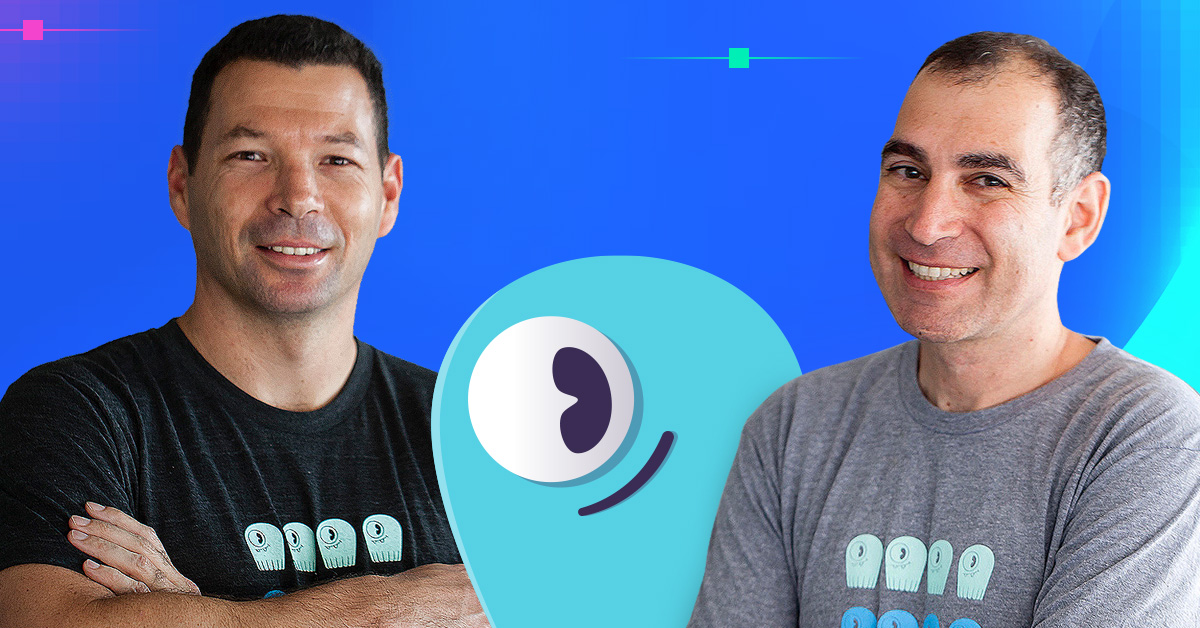
Intel Optane drives are going to revolutionize the data center by providing lower latencies and higher throughput. That being said, I can already think of a few ways on how it will benefit ScyllaDB users. To learn more, I sat down with our Solutions Architect, Tomer Sandler. He is the perfect person to ask because he is giving a talk about Optane at ScyllaDB Summit 2017. Let’s begin the interview to learn more about Tomer and the upcoming talk.
Please tell us about yourself and what you do at ScyllaDB?
Hi, I’m Tomer Sandler and I am a Solutions Architect at ScyllaDB. Most of my career has been in the Quality Assurance domain with various QA roles as an Engineer, Architect, Team Leader, and finally a Group Leader.
At ScyllaDB, I test and demonstrate use cases with code examples to publish on our blog, perform benchmark tests, write tools to be used internally and by customers using Ansible and Bash, help customers succeed in their proof-of-concept installations, and conduct training and demo sessions.
Why did you want to become a Solutions Architect and what do you love about doing it?
I have always loved interacting with people face-to-face, and have always been interested in the product, business, and understanding how the customer uses the product in production, so I welcomed the opportunity to move to a role where I play a middleman function between engineering and customers. Helping customers better understand ScyllaDB’s abilities and how to utilize it for their success is very gratifying. I also love the engineering aspect of this role – the use cases, process investigation and demonstration. Finally, I love creating useful content such as technical blog posts, benchmarks results, and procedures.
What will you be talking about at ScyllaDB Summit 2017?
I’ll be co-speaking with Frank Ober from Intel about Optane drives and ScyllaDB and how together they provide the speed of an in-memory database with persistency. Various testing scenarios were done with ScyllaDB and Intel® Optane™ SSD DC P4800X drives with a goal of providing a solution with the performance of an in-memory like database without compromises on throughput, latency, and data persistence. The end result is a solution with a substantially cheaper total cost of ownership.
Can you please tell me more about your talk?
A fast in-memory database provides benefits that we all can appreciate such as optimal latency and throughput for workloads. What if you could utilize extremely fast NVMe drives to have similar latency and throughput results?
We initially tested the drive’s capabilities using the Diskplorer utility and were impressed with the latency and throughput results. We then continued our tests using ScyllaDB and fired up various workloads to measure throughput and low-latency and additional tests that measured the end-to-end latency as well as the ScyllaDB-server only. We concluded by comparing the TCO of using Enterprise SSDs vs. using two Intel 375GB Optane drives.
How will Intel Optane drives improve compaction performance?
Compaction involves both read and write operations that can consume a lot of the disk bandwith. The faster the drive, and in Intel Optane’s case it’s nearly as fast as RAM, the quicker compaction will end, allowing more disk bandwith for the application’s read and write operations.
When do you think that Optane drives will become the de facto standard deployed in the enterprise?
Hard to tell as this is a matter of market need vs. pricing. Many customers don’t necessarily need or want to spend this kind of money on such fast drives but on the other hand, once any new technology comes in, the “older”, once “new” technology price drops. This happened with spinning disks and flash drives and it will happen also with NVMe.
Where can we learn more information about your talk?
Please check out my Blog Post on the testing here.
How can the people get in touch with you?
The best way to get in touch with me is through email.
Thank you very much, Tomer. We can not wait to see your talk in person and learn more.
ScyllaDB Summit is taking place in San Francisco, CA on October 24-25. Check out the current agenda on our website to learn about the rest of the talks—including technical talks from the ScyllaDB team, the ScyllaDB roadmap, and a hands-on workshop where you’ll learn how to get the most out of your ScyllaDB cluster.





